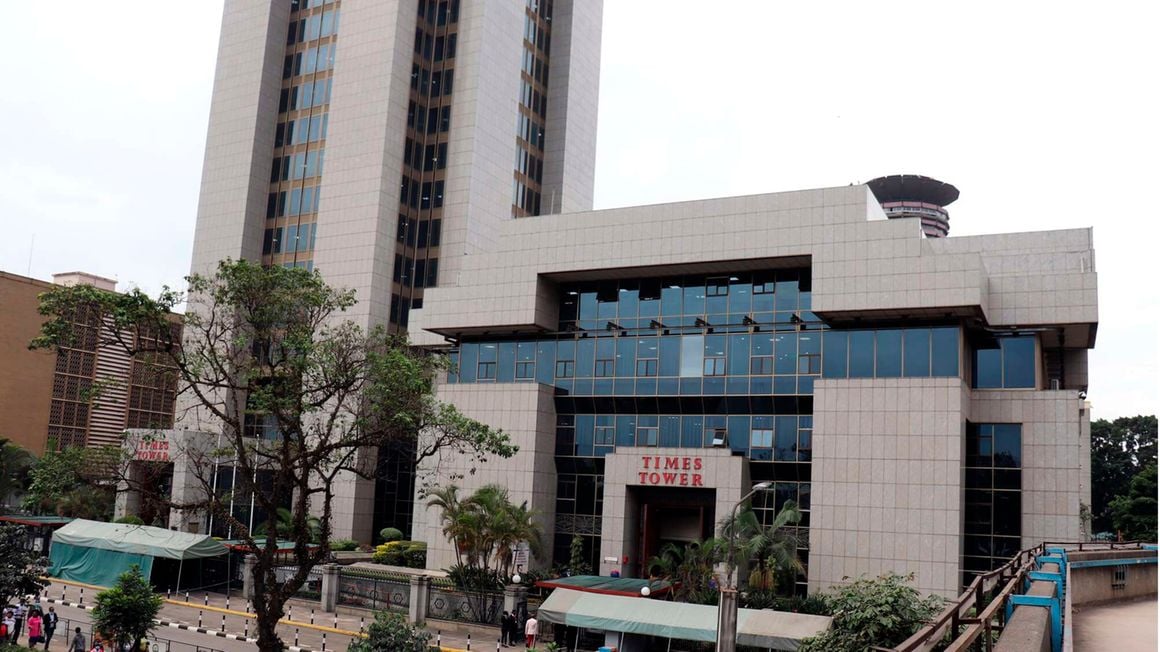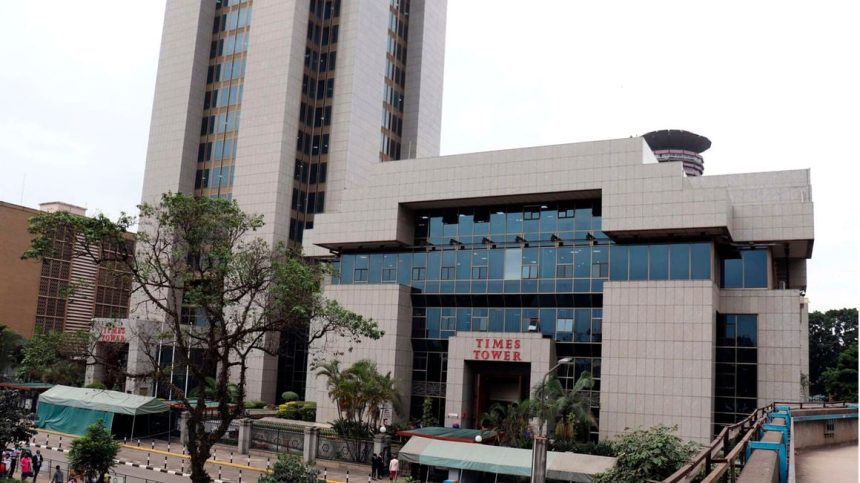The board of the Kenya Revenue Authority (KRA) has cut the term of the next commissioner-general by two years, even as it extended the period for searching the successor of Githii Mburu who resigned on February 23.
The KRA, which opened the search for Mr Mburu’s successor on April 12, revised the contract terms for the commissioner-general from a period of five to three years and re-advertised the position.
“A contract of employment with an attractive and competitive package will be offered to the successful candidate. This position is on a three-year contract, renewable once based on performance,” says the new KRA notice.
The KRA has in the new notice also varied the required academic qualifications of the candidate, in a move that may open room for more applicants to qualify.
Mr Mburu had been given a three-year term from July 1, 2019, but the then Treasury Cabinet Secretary Ukur Yatani on August 12, 2020, varied the contract to five years via a gazette notice.
The changes would have kept him there until the end of June next year, with room for a fresh five-year term.
The latest changes mark another twist in the tenure of a KRA commissioner-general, with previous holders of the position having served under different employment terms.

The KRA Act and the KRA board charter are silent on the term of the commissioner-general and only fixes the term of the chairperson and board members at three years subject to extension once.
Mr Mburu’s successor has an uphill task to deliver on the Sh2.57 trillion ordinary tax revenue target in the financial year that kicked in on July 1.
The reduced period is in an environment where government ministries and agencies are beginning to put emphasis on performance-based contracts and follow public criticisms of the performance of the KRA under Mr Mburu by President William Ruto.
The shorter tenures allow boards to eject bosses for reasons such as underperformance without exposing taxpayers to the higher costs of tearing contracts.
The taxman was targeting Sh2.191 trillion in ordinary revenues in the 2022/2023 financial year but had collected Sh1.74 trillion in 11 months ended May, leaving it with an uphill task of collecting Sh450 billion in a month to hit the target.
Unlike in the April notice where it was mandatory for one to have a Master’s degree in finance, business, economics or law, the KRA now says this qualification will only be “an added advantage.”
The variation has also included a new requirement that the qualifying candidate will have to possess a professional qualification or have membership in a professional body.
The KRA board had initially closed the application process on April 25 but has now reopened it to run up to July 21, without stating the reasons.
Mr Mburu, a former commissioner for intelligence and strategic operations, resigned abruptly, prompting the board to pick the commissioner of domestic taxes, Rispah Simiyu, to serve in an interim capacity.
John Njiraini, who passed the mantle to Mr Mburu, had served between 2012 and 2019. Michael Waweru served in this position from 2003 to 2012, covering nearly the entire period retired late President Mwai Kibaki was in power.
Previous bosses at the KRA include John Munge (2001-2003), John Msafari (1998-2001) and Yusuf Nzibo (1996-1998).
President Ruto’s administration is keen to go after the informal sector and the digital economy cut some of the current tax incentives and expand the tax base to stem the rising share of debt in the national budget.
Ordinary revenue accounted for 71.9 percent of Kenya’s budget in 2011/12, with the 28.1 percent shortfall being financed through debt, appropriation in aid (A-I-A) and grants.
But this has been shifting, with taxes funding just 56.8 percent of the 2021/22 budget.
Kenya’s ordinary revenue as a percentage of GDP has generally been declining over the past 10 years, moving from a high of 18.2 percent in 2013/13 financial year to 15 percent in 2021/2022 against the desired minimum of 25 percent.
However, in absolute terms, ordinary revenue has risen from Sh622 billion in 2010/2011 to Sh1.918 trillion in 2021/22. The annual pace of revenue growth has been declining.



